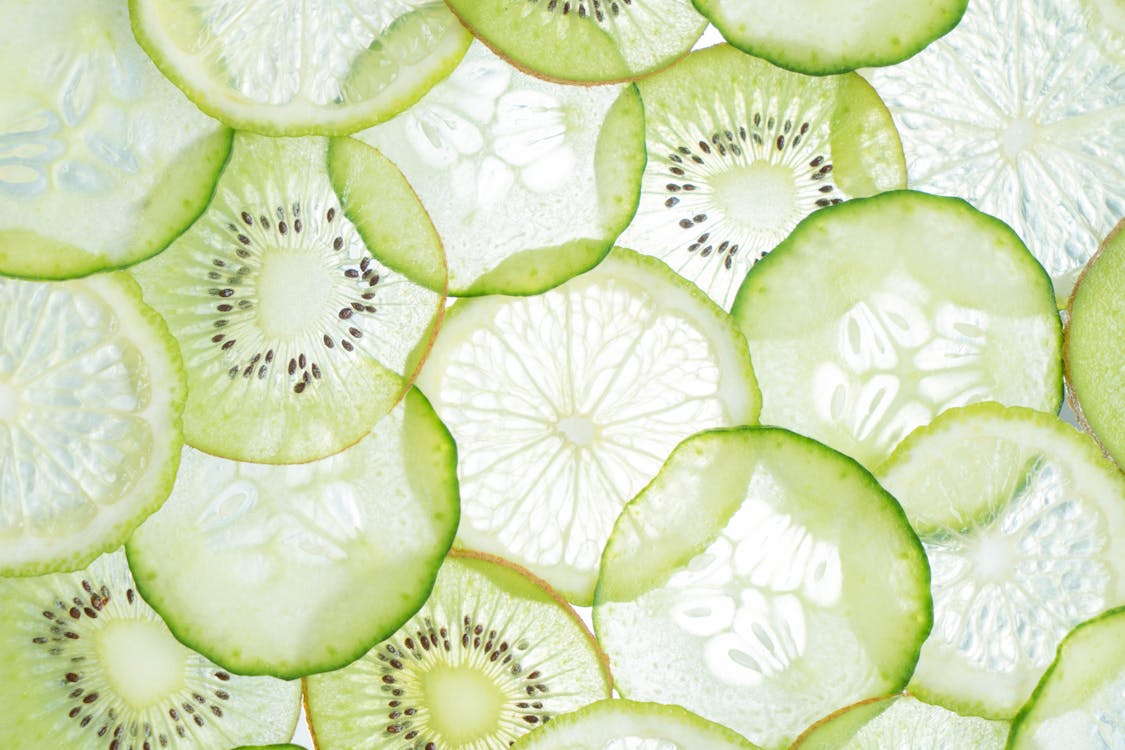The 10 Best Foods for Kidney Health
1. Red bell peppers are good for kidney health
Red bell peppers are often touted for their numerous health benefits, and their potential positive impact on kidney health is no exception. These vibrant vegetables are rich in essential nutrients, including vitamins A, C, and K, as well as fiber, potassium, and antioxidants, which are all crucial for supporting kidney function and overall health.
The high vitamin C content in red bell peppers is particularly beneficial for kidney health, as it helps reduce the risk of kidney stones by increasing urine volume and preventing the formation of crystals. Additionally, vitamin C acts as an antioxidant, protecting the kidneys from oxidative stress and inflammation, which can contribute to kidney damage over time.
2. Cabbage is beneficial for kidney health
Cabbage, a cruciferous vegetable, is renowned for its potential health benefits, including its positive impact on kidney health. This versatile vegetable is packed with essential nutrients such as vitamins C, K, and B6, as well as folate, fiber, and antioxidants, all of which play crucial roles in supporting overall kidney function and promoting urinary tract health.
One key benefit of cabbage for kidney health is its low potassium content, making it an ideal choice for individuals with kidney disease who need to monitor their potassium intake. Potassium is an electrolyte that helps regulate fluid balance and blood pressure, but excessive potassium levels can be harmful to individuals with compromised kidney function. By cabbage into their diet, individuals can enjoy a nutrient-rich food without worrying about excessive potassium intake.
Read Also:
Focus While Studying: 10 Proven Methods
3. Cauliflower is a kidney friendly vegetable
Cauliflower is often recommended as a kidney-friendly vegetable due to its nutrient profile and potential health benefits for renal health. This versatile cruciferous vegetable is low in potassium and phosphorus, making it suitable for individuals with kidney disease who need to monitor their intake of these minerals to avoid complications.
Additionally, cauliflower is rich in essential vitamins and minerals, including vitamin C, vitamin K, and folate, which are important for overall health and well-being. Vitamin C acts as an antioxidant, helping to protect the kidneys from oxidative stress and inflammation, while vitamin K plays a role in blood clotting and bone health.
4. Garlic promotes kidney health
Garlic is often hailed for its potential to promote kidney health due to its unique combination of nutrients and bioactive compounds. This aromatic bulb is rich in organosulfur compounds, antioxidants, and anti-inflammatory properties, all of which contribute to its potential benefits for renal health.
Garlic is known for its antibacterial and antiviral properties, which may help protect the kidneys from infections and urinary tract disorders. Some studies suggest that garlic may inhibit the growth of harmful bacteria and viruses in the urinary tract, reducing the risk of urinary tract infections and other complications.
5. Onions are beneficial for kidney
Onions contain compounds such as flavonoids and sulfur-containing compounds like quercetin and allyl sulfides, which have antioxidant and anti-inflammatory properties. These compounds help combat oxidative stress and inflammation in the body, which are risk factors for kidney damage and other chronic diseases.
Additionally, onions have diuretic properties, meaning they can promote urine production and help flush out toxins and waste products from the body. By increasing urine flow, onions may help prevent the formation of kidney stones and support overall kidney function.
Read Also:
Healthy Foods For Keeping Healthy Weight In Winters Cold
6. Apples are a kidney friendly fruit
Apples are often considered a kidney-friendly fruit due to their nutrient profile and potential health benefits for renal function. These crunchy and delicious fruits are rich in essential vitamins, minerals, antioxidants, and dietary fiber, all of which contribute to their positive effects on kidney health.
One key benefit of apples for kidney health is their low potassium content, making them suitable for individuals with kidney disease who need to monitor their potassium intake. Excess potassium levels can be harmful to those with compromised kidney function, so low-potassium foods like apples into the diet can help maintain electrolyte balance.
7. Cranberries are very helpful in improving kidney health
Cranberries have natural diuretic properties, meaning they promote urine production and help flush out toxins and waste products from the body. By increasing urine flow, cranberries may help prevent the formation of kidney stones and support overall kidney function.
Cranberries are a good source of dietary fiber, which promotes digestive health and regular bowel movements. Maintaining healthy digestion is important for kidney health, as it helps prevent the buildup of toxins in the body and reduces the risk of complications such as constipation and diverticulosis.
8. Blueberries are beneficial for kidney health
Blueberries are rich in vitamin C, another potent antioxidant that plays a crucial role in supporting overall kidney function. Vitamin C helps boost the immune system and reduce inflammation, which can help prevent kidney infections and other complications.
Blueberries are low in potassium, making them suitable for individuals with kidney disease who need to monitor their potassium intake. Excess potassium levels can be harmful to those with compromised kidney function, so low-potassium foods like blueberries into the diet can help maintain electrolyte balance.
Read Also:
11 Best Ways to Improve Your Digestion
9. Fish is good for kidney health
Fish is widely recognized as a beneficial food for kidney health due to its unique nutrient profile and potential health-promoting properties. Rich in high-quality protein, omega-3 fatty acids, vitamins, and minerals, fish offers several advantages for supporting renal function and overall well-being.
Fish is an excellent source of omega-3 fatty acids, particularly EPA (eicosapentaenoic acid) and DHA (docosahexaenoic acid). These essential fatty acids have anti-inflammatory properties and are known to support cardiovascular health, reduce inflammation, and improve lipid profiles. By reducing inflammation, omega-3 fatty acids may help protect the kidneys from damage and support overall renal function.
10. Olive oil can be beneficial for kidney health when used in moderate amount
Olive oil is often touted for its potential benefits for kidney health when consumed in moderate amounts. This versatile oil is a staple of the Mediterranean diet and is prized for its rich flavor, high monounsaturated fat content, and numerous health-promoting properties.
One key benefit of olive oil for kidney health is its favorable fatty acid composition. Olive oil is predominantly composed of monounsaturated fats, particularly oleic acid, which have been linked to reduced inflammation, improved lipid profiles, and lower risk of cardiovascular disease. By supporting cardiovascular health, olive oil may indirectly benefit kidney function, as cardiovascular health and kidney health are closely intertwined.




